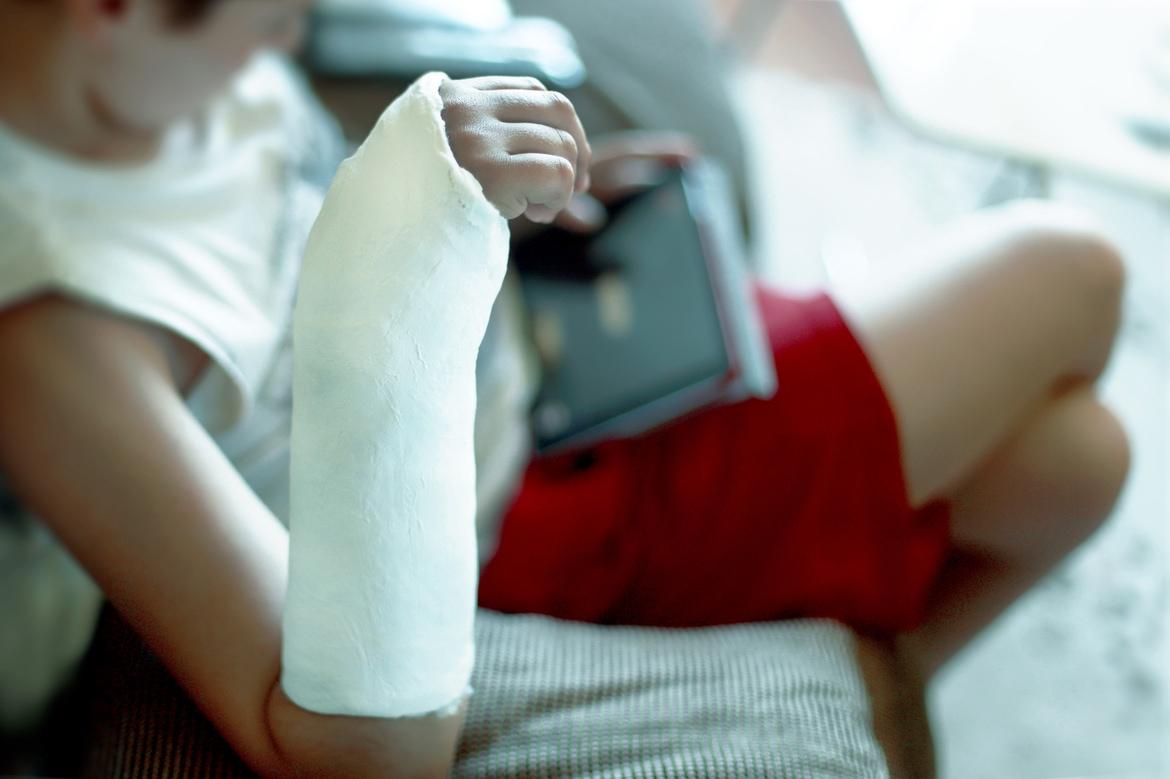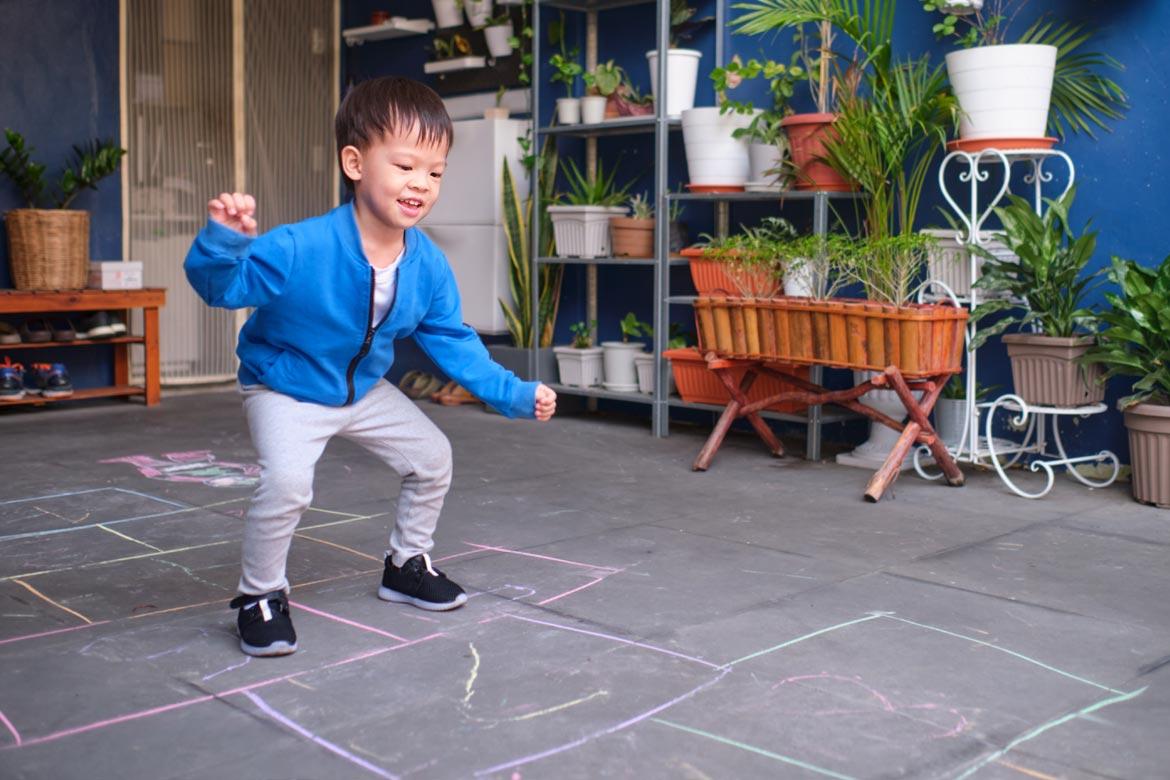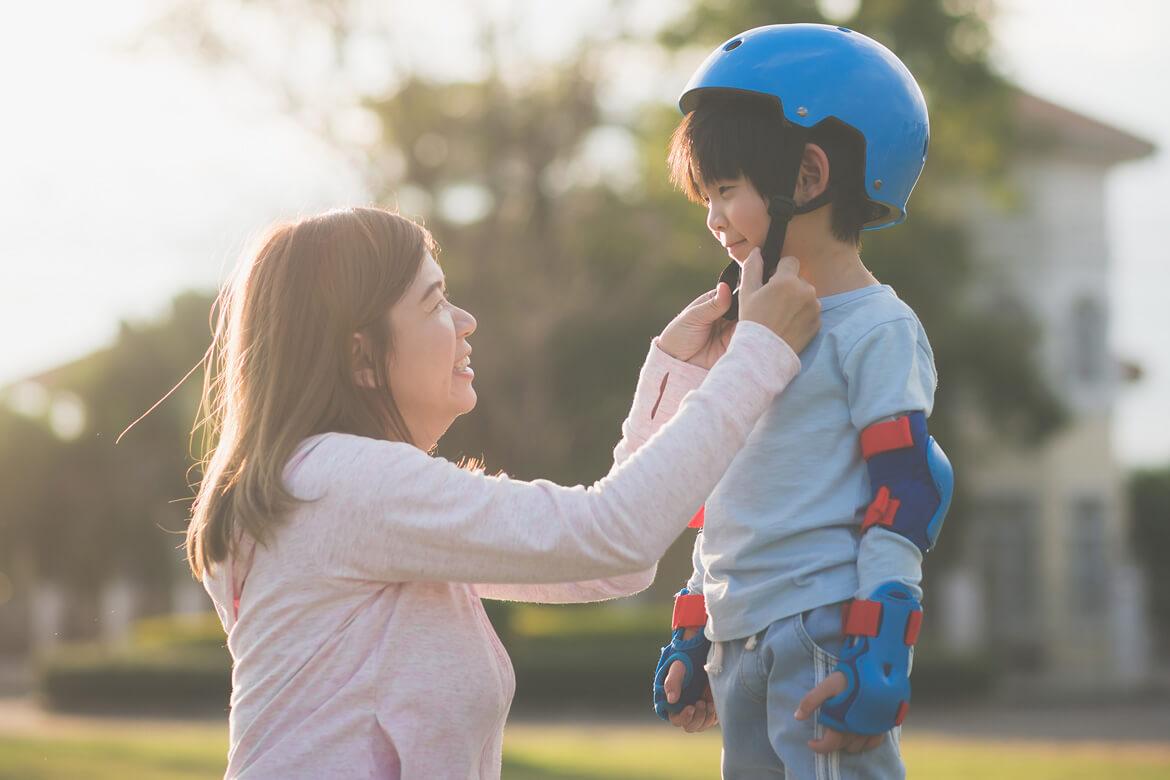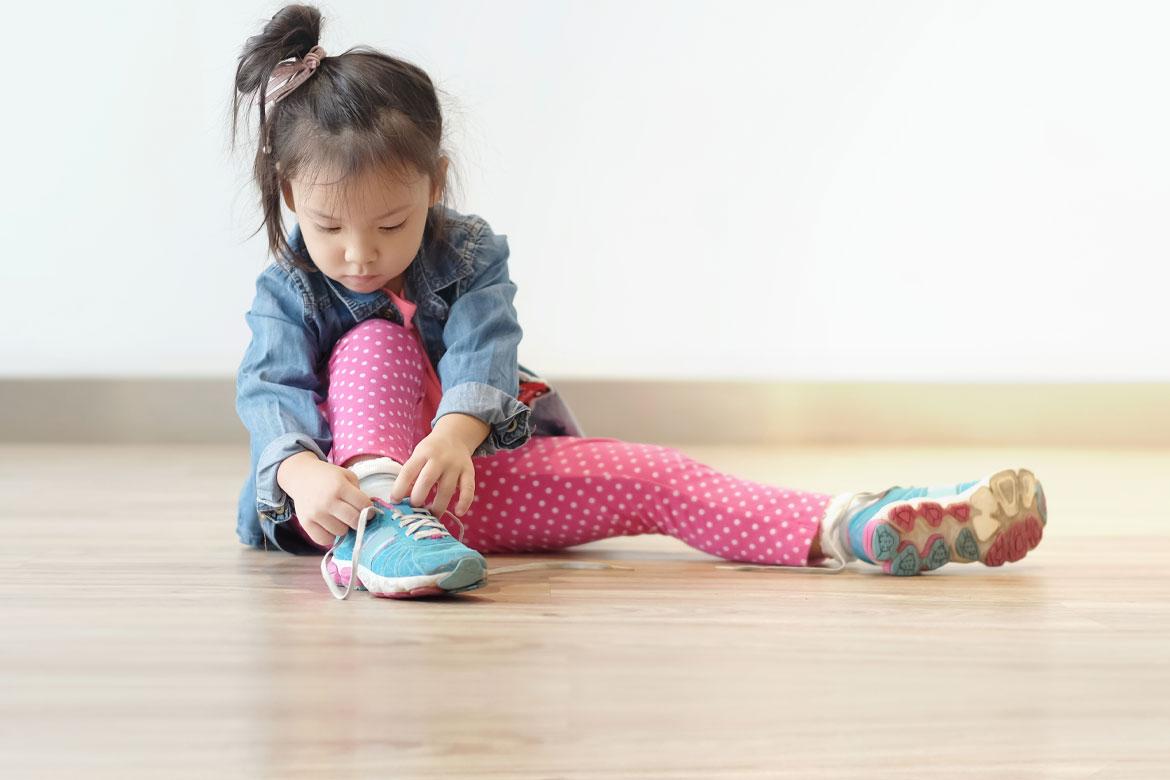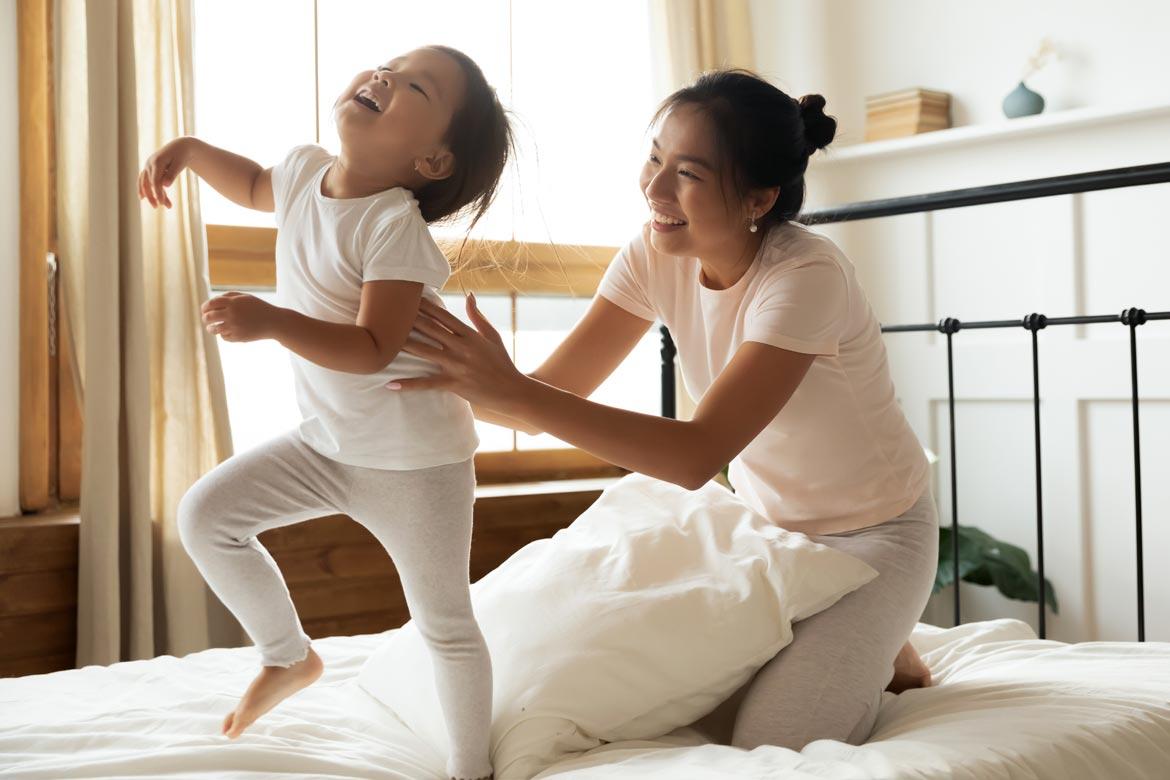-
-
Featured Care Areas

Growing Pains
How are growing pains diagnosed?
Your doctor may perform a physical examination and ask you about your child's symptoms.
Your doctor may recommend imaging tests or laboratory tests to rule out other potential causes of the pain if your child's pain is:
- Due to an injury
- Located in the joints
- Accompanied by other symptoms such as swelling, redness, tenderness, fever, limping, rash, loss of appetite, weakness or fatigue, or dark-coloured urine.
- Accompanied by a lump in the muscle
- Severe enough to interrupt normal activities
- Only on one side of the body (e.g. in one leg)
- Not getting better (e.g. the pain is still present in the morning)
Speak to our doctors to address any concerns regarding your child's pain.
How to treat growing pains?
There is no specific treatment for growing pains. Growing pains do not cause other problems for your child and they do not affect your child's growth. Growing pains usually ease on their own within 1 – 2 years, or at worst, once growth stops.
Lifestyle and home remedies
To help your child manage the pain, try:
- Using a heat pad to relieve the pain.
- Gently massaging and stretching the painful muscles.
- Giving your child mild over-the-counter pain medication such as paracetamol or ibuprofen. However, do not give aspirin to young children.
- Strengthening your child's flexible joints (hypermobility) with physiotherapy.
This coverage checker is brought to you by Health Insured, an online resource that helps you understand your health coverage in Singapore.
This page has been reviewed by our medical content reviewers.
Need help?
For enquiries, please call
+65 6377 3737
For appointment bookings, please WhatsApp
+65 8111 3777
